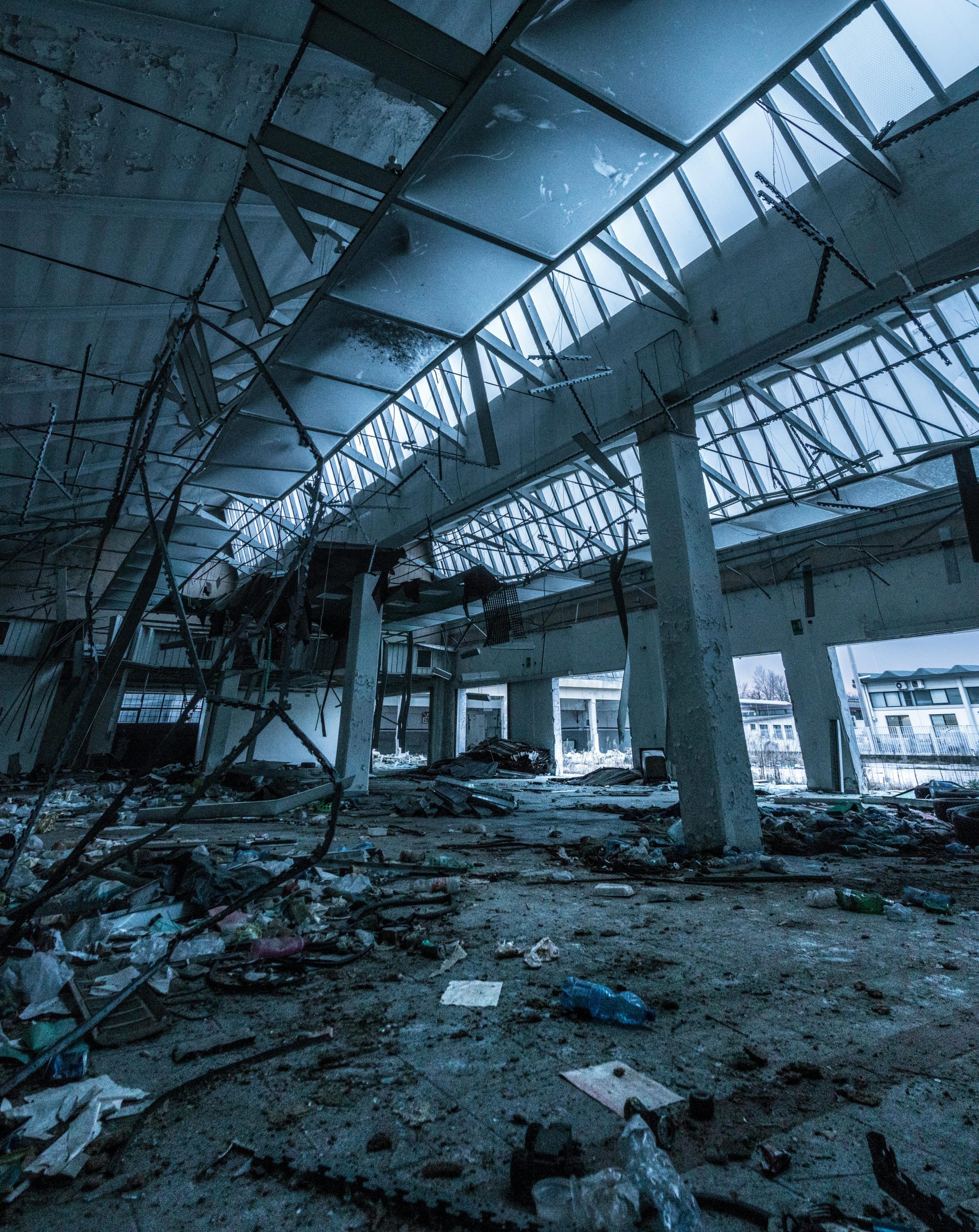Have you ever wondered what ‘sudden and accidental damage’ actually means in your insurance policy? This term is crucial for homeowners, signaling the difference between covered damages and those you might need to pay for out-of-pocket.
Today, we dive deep into this concept, clarifying its meaning and implications for your insurance claims.
Table of contents
Understanding Sudden and Accidental Damage
Most insurance policies cover ‘sudden and accidental damage’. But what does that mean?
In essence, it refers to unforeseen events that happen unexpectedly and cause damage to your home. Think burst pipes, storm damage, or an appliance malfunction leading to water damage.
These incidents are typically out of your control and occur without warning, qualifying them for coverage.
The Fine Line Between Sudden Damage and Wear and Tear
Insurance is not designed to cover the inevitable aging and wearing down of your home. This distinction helps prevent coverage for routine maintenance issues.
For example, while your policy might not cover a slow leak due to its gradual nature, a pipe that suddenly bursts and floods your living room is a different story.
This clarity helps homeowners understand the importance of regular maintenance and the types of incidents insurance is designed to protect against.
The Ambiguity of ‘Sudden’
The term ‘sudden’ can sometimes be a gray area in insurance policies. What constitutes ‘sudden’ can vary, leading to different interpretations between homeowners and insurance providers.
This ambiguity often becomes a point of negotiation during the claims process, making it crucial for policyholders to thoroughly document the damage and its onset.
Mold: Not Always a Sign of Long-term Issues
Insurance carriers sometimes point to the presence of mold as evidence that damage has been ongoing. However, this is not always accurate.
Mold can begin to grow in as little as 1-2 days under the right conditions. This rapid growth does not necessarily mean that the cause of the damage was not sudden or accidental. Understanding this can be vital in disputing a denied insurance claim.
Conclusion
Understanding the term ‘sudden and accidental damage’ is key to navigating your home insurance policy. It’s the difference between what’s covered and what’s not, especially in scenarios that aren’t cut and dry.
As a homeowner, staying informed about these distinctions can help you better manage your policy and prepare for any unexpected events.
FAQ
Most policies cover damages that are sudden and accidental, but coverage can vary. It’s important to review your policy or consult with a professional to understand your coverage fully.
Documentation is key. Take photos immediately after discovering the damage and keep records of any repairs or maintenance. These can support your claim that the damage was unexpected and not due to neglect.
If mold results from a covered sudden and accidental event and appears quickly after, it may be covered. However, mold due to ongoing issues like persistent humidity might not be covered.
‘Sudden and accidental damage’ refers to unforeseen incidents that cause damage to your property, such as plumbing failures or electrical fires. ‘Acts of God’ pertain to natural disasters like hurricanes, earthquakes, or floods. While both are typically out of your control, insurance coverage for each can vary, with some policies specifically excluding certain ‘acts of God’ unless additional coverage is purchased.
Filing a claim can potentially lead to an increase in your insurance premiums, but this varies by insurance company and your policy’s specifics. Some insurers may offer a “claims-free” discount, which could be affected by filing a claim. It’s best to discuss this with your insurance provider to understand the implications fully.
It’s crucial to report any damage as soon as possible. Most insurance policies require prompt reporting of any incidents to ensure coverage. Delaying can complicate the claims process and potentially impact the outcome of your claim. Check your policy for specific reporting requirements or deadlines.




